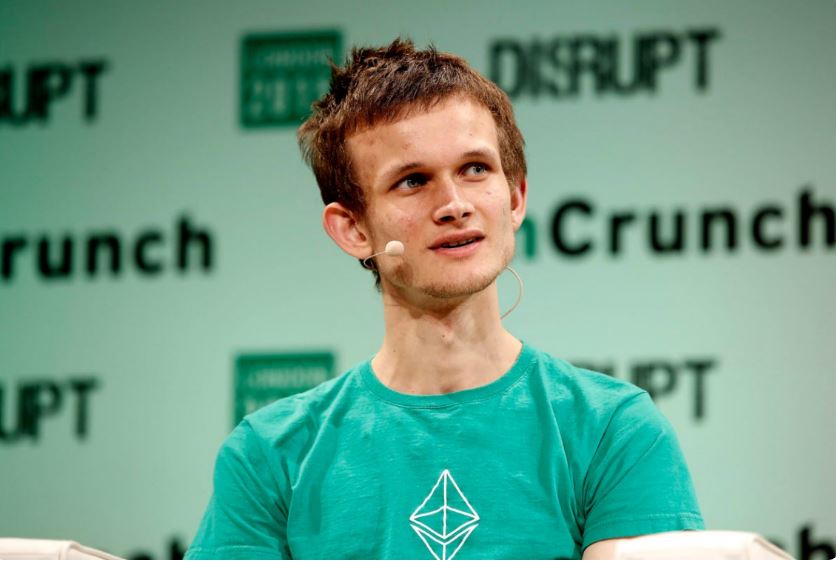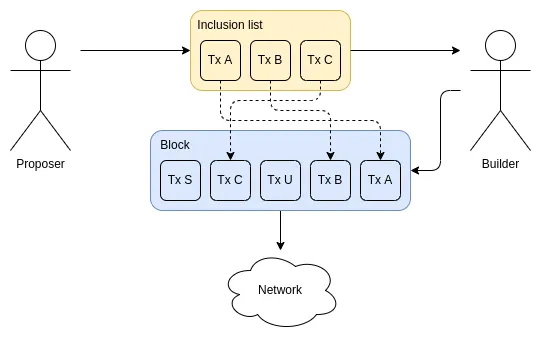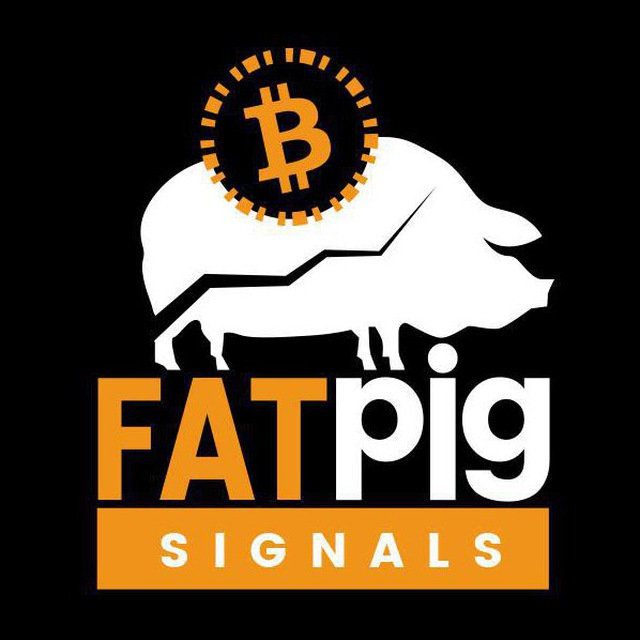Vitalik Buterin Discusses Ethereum’s MEV, Staking, and Node Hardware Issues

In Brief
- Vitalik Buterin highlights decentralization issues: MEV, staking complexities, and node hardware requirements.
- Ethereum’s co-founder firmly believes these issues might be easier to resolve than some suggest.
- Buterin calls to respect Ethereum’s unique properties and continue improving them as the network scales.
Vitalik Buterin, Ethereum’s co-founder, recently addressed key decentralization challenges facing the Ethereum network in a detailed blog post.
Buterin’s insights focus on three critical areas: Miner Extractable Value (MEV), staking complexities, and hardware requirements for running nodes. He emphasized that while concerns about Ethereum’s design are “widely shared,” these issues might be easier to resolve than some suggest.
Mitigating MEV
MEV refers to the profit block producers can gain by reordering, including, or excluding transactions within a block. MEV allows those who produce Ethereum blocks to manipulate transactions for extra profit.
This manipulation can make the system unfair, giving an advantage to those with more resources and technical know-how. It undermines trust in the network, making it harder for more minor participants to compete. Buterin outlines two primary approaches to mitigate MEV: minimization and quarantining.
MEV minimization reduces unfair value extraction through protocols like CowSwap, promoting fair trading. Encrypted transaction pools (mempools) prevent exploitation by hiding transaction details until they are confirmed. This approach allows all participants, regardless of resources or technical skills, to engage fairly, enhancing trust and decentralization in the network.
Get to know Godleak
Godleak crypto signal is a service which provide profitable crypto and forex signals for trading. Godleak tried to provide you signals of best crypto vip channels in the world.
It means that you don’t need to buy individual crypto signal vip channels that have expensive prices. We bought all for you and provide you the signals with bot on telegram without even a second of delay.

Godleak crypto leak service have multiple advantages in comparision with other services:
- Providing signal of +160 best crypto vip channels in the world
- Using high tech bot to forward signals
- Without even a second of delay
- Joining in +160 separated channels on telegram
- 1 month, 3 months , 6 months and yearly plans
- Also we have trial to test our services before you pay for anything
For joining Godleak and get more information about us only need to follow godleak bot on telegram and can have access to our free vip channels. click on link bellow and press start button to see all features
Join for Free
☟☟☟☟☟
https://t.me/Godleakbot
Also you can check the list of available vip signal channels in the bot. by pressing Channels button.
 
MEV quarantining limits the impact of MEV by separating the roles of validators and block builders through Proposer-Builder Separation (PBS). This setup means that those proposing transactions do not have the power to include them in blocks, reducing the risk of value extraction. Vitalik also suggested that inclusion lists, which mandate certain transactions in a block, could be a solution.
“We need to make the ‘MEV quarantine box’ as small as possible,” Buterin wrote.

Ethereum Staking Complexities
Solo staking on Ethereum currently demands a minimum of 32 ETH and significant technical expertise. This requirement leads many to use services like Lido and RocketPool, risking decentralization.
Buterin proposed a few solutions to reduce hardware and data storage needs for nodes. Technologies like Verkle trees and EIP-4444 could reduce storage needs to less than 100 gigabytes, making it feasible for nodes to run on personal devices. He also suggested lowering the 32 ETH minimum for staking.
Ethereum’s co-founder envisions a future where even browser extension wallets could operate nodes. However, he acknowledges the challenge that offloading data storage responsibilities might centralize trust to a few large actors.
“Incorrect answers could lead Ethereum down a path of centralization and ‘re-creating the traditional financial system with extra steps,’” he warned.
Buterin’s call to action is clear: respect Ethereum’s unique properties and continue improving them as the network scales. By addressing MEV, simplifying staking, and reducing node hardware requirements, Ethereum aims to enhance its decentralization and resilience.








